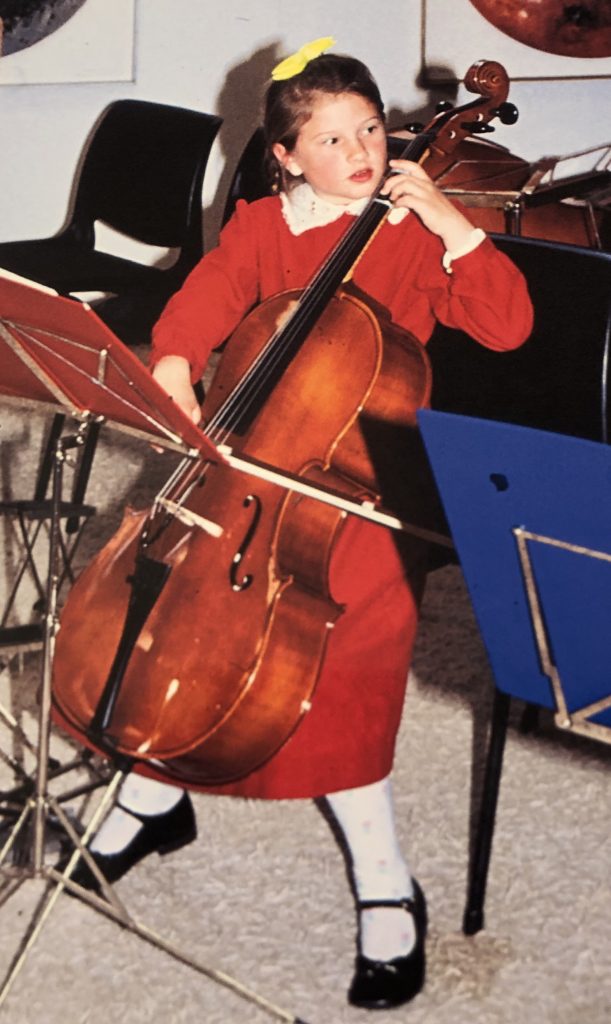Finding the right teacher can be a breeze, but what if it’s not? The amazing cello teacher next door might be perfect for one student, but if your personalities doesn’t match it can be a disaster.
Never,
Ever,
Compromise!
What you learn is 100% determined by your teacher, and your own ability to find the time to practice. A good teacher will provide you with a sufficient amount of work. That should usually include a piece of music, (maybe 2) and a section of technical studies. It can include a scale, an arpeggio, some studies and/or an etude – depending on your age and level (for a small child this could be a game). In my opinion he/she should also teach you HOW TO PRACTICE. Practice with you during the lesson, help you learn new music, support your learning all the way through and not be judgmental if you haven’t been able to practice enough. Your teacher should be able to inspire you to want to practice. It has to be fun. That way you learn better and faster and – let’s face it: for our kids it all about whether or not they enjoy playing.

The internet is filled (depending on where you live) with adds from music schools and private teachers. Take your time, make your research (thanks to all the reviews out there it’s easy to see whom to avoid), and call/email the school or teacher to set up a meeting. Don`t commit to someone you haven`t met. Most places are willing to give you a trial lesson either for free, or without you signing up for a longer period.
When I was a kid, I had several different cello teachers. I loved some of them – they made me want to come to their lessons, I would practice at home, and I loved the conversations we had during those lessons. I especially had one teacher who had a very big impact on my life, and I still have contact with her today. For a lot of children, having one on one time with an adult (unless they are an only child) is a very rare thing, and their instrumental teacher can be one of those people. Think about it: it doesn’t happen in sports, art, theater or any other after school activity. Therefore, it is absolutely crucial that your child likes his/her teacher, and that they get along. I also had a few teachers that I didn’t like very much. During those periods I would practice less, try to get out of going to my lessons and even consider quitting all together. So, if you want your child (or yourself) to be successful with their music: make sure, that you find the right person!
Another thing I should mention is this: try to find a cello teacher that is actually a cellist. Some violin- or double bass teachers will teach cello students despite the fact, that they might not know enough about cello technique. Even though your child is a beginner, all foundation is important – and getting the right foundation with the right technique from the start can make all the difference!
Love, live, play!
Julie
No responses yet